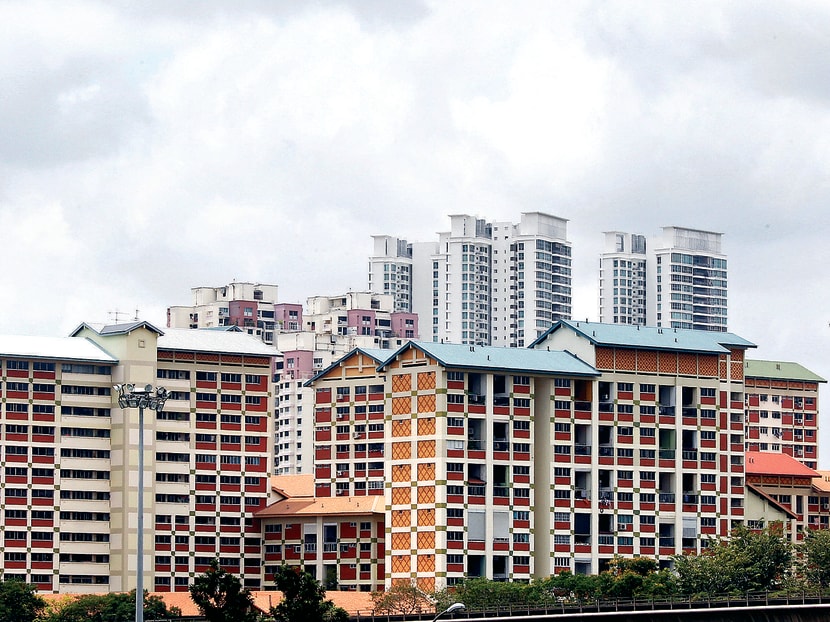Impact of property market tweaks expected to be muted
SINGAPORE — The partial easing of the property cooling measures announced by the Government yesterday will have marginal impact on the market, said analysts.

TODAY file photo
SINGAPORE — The partial easing of the property cooling measures announced by the Government yesterday will have marginal impact on the market, said analysts.
Still, they noted that developers would welcome the moves, as the property sector show signs of recovery.
OCBC investment analyst Eli Lee said: “On balance, we believe this set of changes will be marginally supportive of still-declining home prices.”
However, by leaving the Additional Buyer’s Stamp Duties intact and introducing the Additional Conveyance Duty, “the authorities have carefully calibrated these tweaks to not kick up excessive animal spirits in the market”, he said.
Other analysts, including Ms Christine Li, director of research at Cushman & Wakefield, felt that the measures did not go far enough to address the fundamental issue of a sluggish real estate market.
“We expect the overall impact to the residential market to be rather muted, as today’s easing is just a minor tweak to help certain groups who are adversely affected by the cooling measures. Nevertheless it does send a clear signal to the market that the government is definitely inclined to have a ‘soft landing’ for the housing market, which is good for the overall stability of the housing market over the medium to long run,” said Ms Li.
Among the changes, the Government lowered the Seller’s Stamp Duty (SSD) by four percentage points and reduced the holding period to three years from the previous four years. Ms Li said the revision of SSD was timely but it could be neutralised by the fact that the government measures are very targeted, and likely to have very slight impact on transaction volumes and prices.
Mr Nicholas Mak, head of research and consultancy at SLP International Property Consultants, felt that it was “high time for a major policy change”, given that the market had stabilised and developers’ sales volume has already been quite stable for the past three years. However, he concurred that the measures announced were “not ground-shaking”.
Nevertheless, Mr Ong Teck Hui, national director of research and consultancy at JLL, said that the reduction of the SSD holding period and lowering of rates have a signalling effect, which could draw more buyers into the market. Buyers would perceive the market as bottoming out and be hopeful of a price recovery, he said.
On the new Additional Conveyance Duty (ACD), which will be imposed on the indirect buying and selling of residential properties through corporate vehicles, International Property Advisor CEO Ku Swee Yong felt that it could affect Singapore’s real estate funds management sector. There could also be implications on estate planning, where people leave behind properties to their children via a holding company, he said.
Developers said they were largely supportive of the government measures. A City Development Limited spokesperson welcomed the “calibrated adjustments”.
“The revised SSD in particular will provide flexibility for property investment and is expected to inject increased activity into the residential property market,” the spokesperson said. “These policy relaxations, the first following the series of property cooling measures, are both measured and prudent, in line with the Government’s focus on keeping the residential market stable.”
A Real Estate Developers’ Association of Singapore spokesperson described the easing as a “pragmatic decision”. “The adjustments will provide some relief to the current difficult market condition and help to address the needs of some borrowers,” she said.





